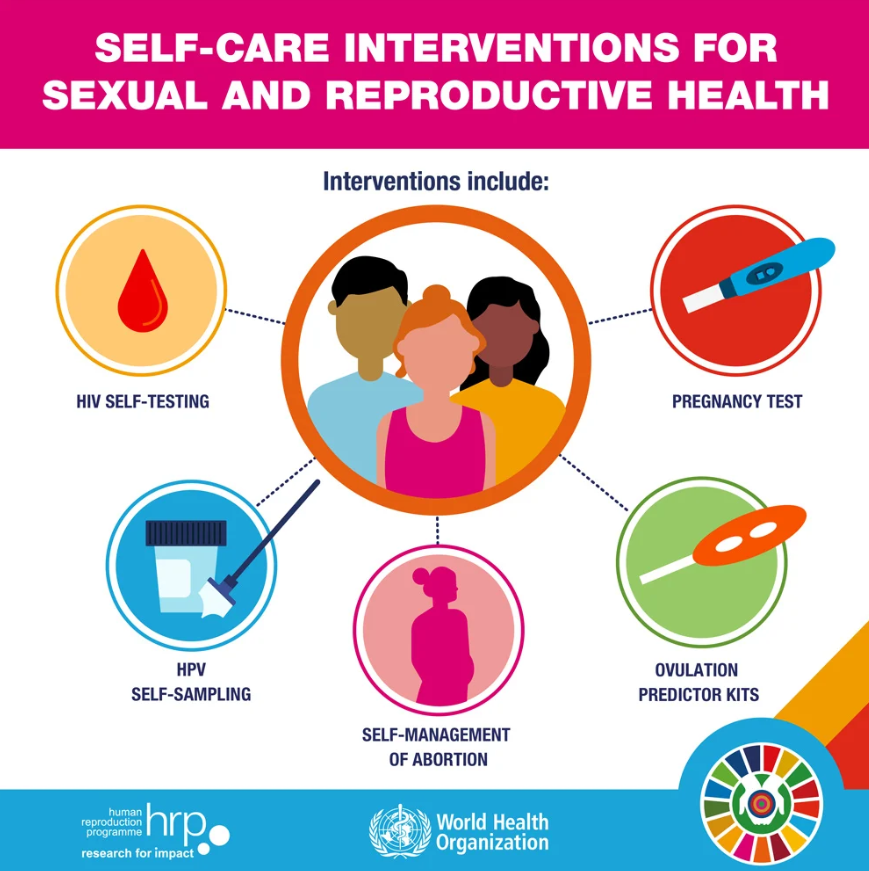Understanding STIs
Sexually Transmitted Infections (STIs) are infections commonly spread through sexual contact. They can be caused by bacteria, viruses, or parasites.
Common STI’s and Their Treatments
- Symptoms: Often asymptomatic, but can include genital pain and discharge.
- Treatment: Antibiotics such as azithromycin or doxycycline. Sexual partners should also be treated to prevent reinfection.
- Symptoms: May include burning during urination, discharge from the penis or vagina, and testicular or pelvic pain.
- Treatment: Dual therapy with ceftriaxone and azithromycin is commonly used. Partners should be treated simultaneously.
- Symptoms: Painless sores (chancres) at the site of infection, followed by rash, fever, and swollen lymph nodes.
- Treatment: Penicillin injections are the standard treatment. Alternative antibiotics are available for those allergic to penicillin.
- Symptoms: Often asymptomatic; can cause genital warts and is linked to cervical cancer.
- Treatment: No cure for the virus itself, but warts can be treated with topical medications, cryotherapy, or surgical removal. HPV vaccines are available for prevention.
- Symptoms: Painful blisters or sores on the genitals, mouth, or rectum.
- Treatment: Antiviral medications like acyclovir, valacyclovir, or famciclovir can help manage outbreaks and reduce transmission.
- Symptoms: Flu-like symptoms initially, followed by a long asymptomatic period. Progresses to AIDS if untreated.
- Treatment: Antiretroviral therapy (ART) to control the virus and prevent transmission.


General FAQ
If you think you might have an STI, go in for a test as soon as possible, and avoid having sex until after you finish treatment.
Most of the time, men do not show symptoms when they’re infected with STIs. That’s why it’s very important to get tested for STIs regularly.
Some people may notice symptoms – if you notice any of the symptoms below, it’s important to seek medical treatment right away. Find a clinic near you using our Clinic Finder.
- Discharge from the penis or anus
- Pain or discomfort while peeing
- Itchiness or redness in the genital area
- Sores, blisters, warts or ulcers around the mouth, anus or in the genital area.
Protecting yourself from STIs is simple:
- Always remember to use condoms when having sex, as they are the only physical way to stop yourself from being infected. Read about condoms here.
- Get a full STI profile test at least once every six months, and more often if you’re sexually active. Read about getting tested here.
Yes! As PrEP is only effective in preventing HIV infection, and not other STIs, you must always use protection where there may be a risk. Read more about PrEP here.
